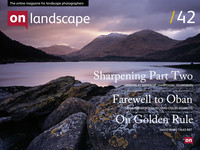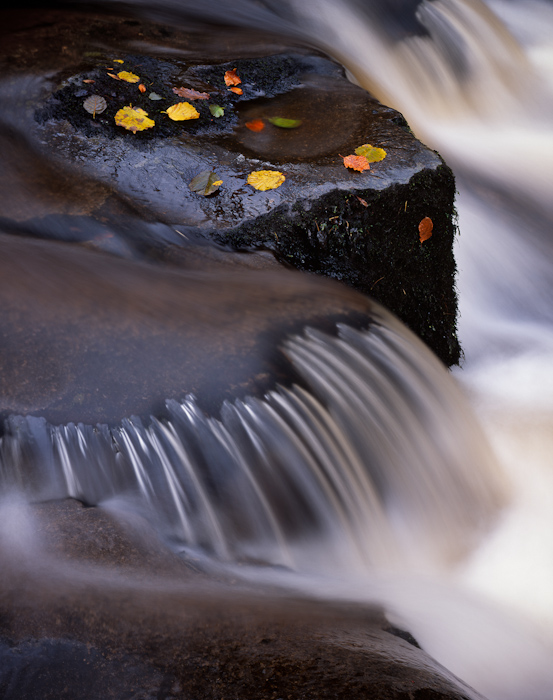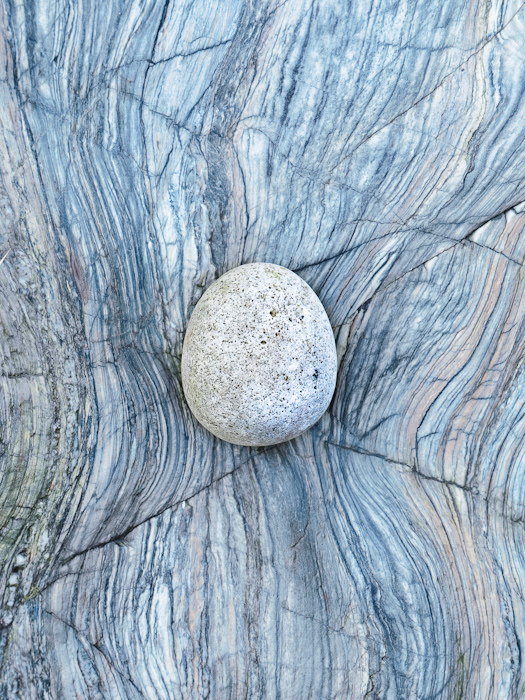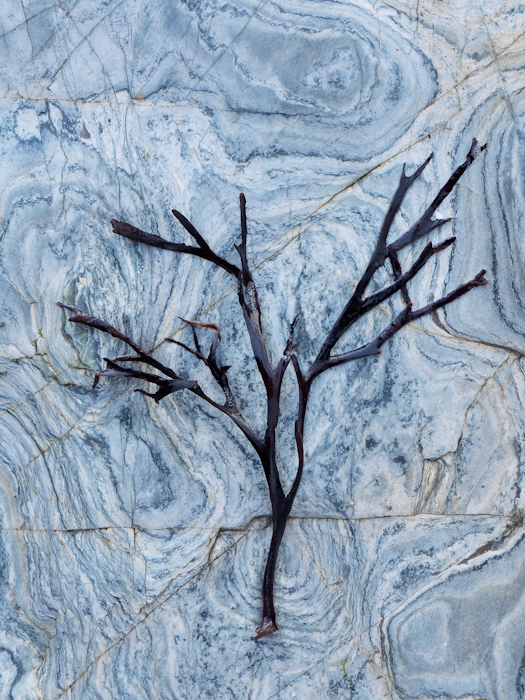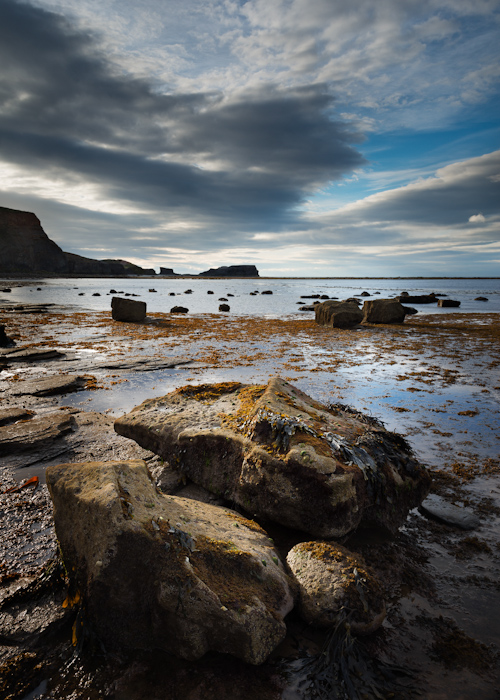Featured photographer

Tim Parkin
Amateur Photographer who plays with big cameras and film when in between digital photographs.
Mark Banks works with Joe Cornish helping to deliver workshops and post processing tuition out of the North Allerton gallery.
In most photographers lives there are 'epiphanic’ moments where things become clear, or new directions are formed. What were your two main moments and how did they change your photography?
My first epiphany was when I purchased my first DSLR - A Nikon D70. I was determined to use it properly and to understand what all the different controls did on the camera. At the time I hadn't a clue how apertures and shutters worked so I purchased a few books and read up on the subject. I was fascinated by how shutters and apertures had a direct correlation and how, using a smaller aperture, this would blur the background. I got so into it all that I remember subscribing to photography magazines so that I could put my hand over the technical data below each image without looking so that I could guess the aperture and shutter speed by just looking at the image (when I think back that was so sad!!).
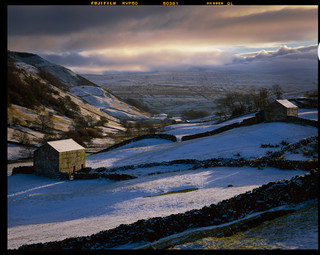 My second and most important epiphany was around six years ago when I attended a one day photography workshop with Joe Cornish and Steve Lewis. It was at this point I was introduced to Large Format photography for the first time. I remember Steve getting out this square wood and leather box and thinking wow I have to have one of these!
My second and most important epiphany was around six years ago when I attended a one day photography workshop with Joe Cornish and Steve Lewis. It was at this point I was introduced to Large Format photography for the first time. I remember Steve getting out this square wood and leather box and thinking wow I have to have one of these!
Little did I know that Steve had recently purchased another view camera and was looking to sell his original. Twenty four hours later I was the proud owner of an Ebony RW45 in Mahogany which I still use today (I call it the mahogany marvel)!
I have to say that for the first year all I wanted to do was throw it over the nearest cliff such was my frustration with setting it up and trying to make a decent exposure. However, over time it all started to fall into place and now I just love the LF experience.
Tell me about why you love landscape photography?
Like many photographers I originally got into landscape photography because I found it to be the perfect antidote to a stressful day at the office. I live in Northallerton, the county town of North Yorkshire and I'm lucky to live within an hour of either the North York Moors, North East Coast or the Yorkshire Dales. So I can take off after work and become absorbed in some of the most beautiful countryside in the UK (OK, I'm a biased Yorkshire man - so you expected that right?).
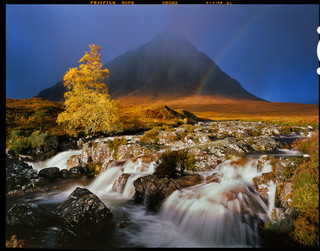 A little background on what your first passions were, what you studied and what job you ended up doing
A little background on what your first passions were, what you studied and what job you ended up doing
When I was small my father owned a chain of music shops around the north east of England and so music played a big part of our lives. I owned a full Ludwig drum kit and Fender Rhodes electric piano before I was thirteen (but I wasn't a spoilt child! ;) I learned to play the piano but I preferred playing the electronic organ which got me into electronics which I studied at college when I left school. Early on I could see the writing on the wall for repairing electronic items but I was getting rather good at selling them! After starting work as a salesman for a large independent electrical retailer I quickly worked my way up to manager.
You run photography workshops with Joe Cornish - I presume your clients get a lot out of them, how much do you get out of them?
I love every minute of running workshops at Joe's gallery. They are actually very hard work as you cannot switch off for a moment but it's a real privilege to teach alongside Joe and we certainly get a lot of positive e-mails and repeat bookings.
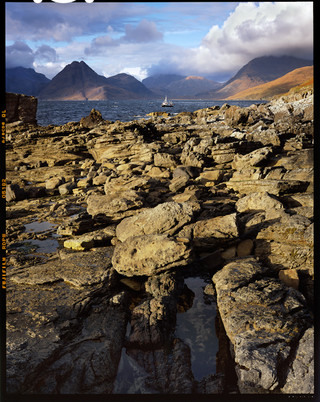 Could you tell us a little about the cameras and lenses you typically take on a trip and how they affect your photography.
Could you tell us a little about the cameras and lenses you typically take on a trip and how they affect your photography.
Over the last four years my kit bag has generally been made up of large format gear. Namely the aforementioned Ebony plus 90, 150, 210 and 300mm lenses which offer a good range of focal lengths with which to work. I also carry a Panasonic G1 for more intimate work. Apart from the weight I've always been pretty happy with this set up but recently Fujifilm decided to discontinue their quickload film which for me has taken the shine off the whole process as I simply don't have the time to change sheets of film in a dark tent.
It was for this reason I recently decided to look at a digital alternative and after much deliberation I decided to purchase the Nikon D800E, Carl Zeiss 25mm, Nikon 45mm Tilt/Shift and Nikon 70-200mm Zoom lens. I ran out of money at this point so I stopped!
What sort of post processing do you undertake on your pictures? Give me an idea of your workflow..
My post processing involves a 3 stage process using Lightroom 4 and Photoshop CS6. I've been using Lightroom since it first came onto the market in 2007. I find it intuitive and logical and it of course works really well with Photoshop.
I catalogue and keyword all the images I import into LR4 before choosing an image to work on. My aim is to make sure the image is right in camera so adjustments I make in the Develop module are mainly just small tweaks. I find I mainly use the Develop module for Lens Corrections like removing Chromatic Aberration and dialling in the profile for the lens which works really well.
From there I export the image to Photoshop where I then make localised adjustments to finish the image ready for archiving.
If I need to print I'll export a copy of the archived image into Photoshop where I resize, profile and sharpen the image for a specific purpose (i.e. print).
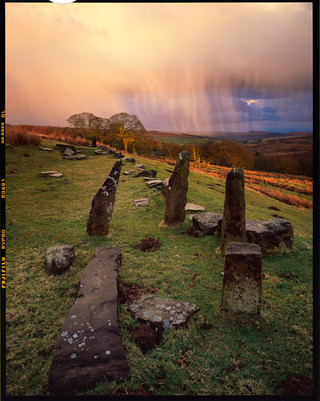 Do you get many of your pictures printed and, if at all, where/how do you get them printed?
Do you get many of your pictures printed and, if at all, where/how do you get them printed?
Up until late last year I mainly printed for the odd exhibition or sale through my website. However in late October that all changed when I found I'd been lucky enough to secure a permanent exhibition area on the staircase at Joe's gallery in Northallerton. It was then that I finally had a good reason to purchase a large format printer. I decided to opt for the Epson Pro 4900 along with their Ultra Smooth Fine Art Paper to start with. It's early days but I'm really excited that I now have a reliable system in place for capturing an image right through to final print.
Tell me about the photographers that inspire you most. What books stimulated your interest in photography and who drove you forward, directly or indirectly, as you developed?
I've admired many photographer's work over the years but without doubt Joe Cornish has by far been my main inspiration - his drive, focus and attention to detail are unsurpassed.
I also admire the work of Andy Latham who I was fortunate to meet on top of Sutton Bank a few years ago. Andy is a well know Mamiya fan and I find he has the ability to create order out of the complex - a really talented photographer in my opinion.
I'm also inspired by the work of Steve Gosling who I've also been fortunate to work with. Steve's a very talented guy and I always marvel at his black & white prints which are sublime and presented to the highest quality.
My bookshelf isn't that big to be honest (well, not compared to Tim's anyway!). I have the majority of Ansel Adams books a few of Joe's, a Magnum book of landscapes, Snowdonia by Steve Lewis and a couple of Mark Denton's panoramic books. When I need a fix of landscape images I usually prefer to check out photographer's websites these days.
Tell me what your favourite two or three photographs are and a little bit about them.
This is a difficult one as they all have a story to tell but my first image would have to be Autumn Water. I'd only owned the Ebony for 4 months and I remember how difficult it was setting up this scene. It took me in excess of 40 minutes to set up the camera, check and double check the camera movements, check exposure and at the time I remember being totally focused and immersed in the whole process. When the transparency returned from the lab I was elated to find it was all worthwhile. It's definitely one of my favourite images and it made me more determined to improve my skills with large format.
My second choice is actually two of a set of three similar images which I name 'Geophorms' (a take on the word geomorphology). These were taken with my Panasonic Lumix G1 camera when I visited the Isle of Arran last autumn. Due to the adverse weather conditions I really struggled to make a decent image all week until I stumbled across this amazing shoreline just south of Lochranza. The surface is marble like with many striations and patterns - ideal for playing with shapes and ideas. I always think the most simple images can be the most effective and I never tire of looking at them.
My third choice is a recent image I made at Saltwick Bay just after buying the D800E. I timed the visit to coincide with low tide and wandered around looking for opportunities that might appear. I came across this rather large boulder which I would have normally dismissed as being too large but it was helped by the way the light was accentuating the small boulder bottom right adding balance to the overall image. The erratics in the mid section also seemed to be situated nicely along with a cloud formation that I waited for to wander into the image to finish off the overall effect. I used the 25mm Zeiss for the first time with this image and I'm mightily impressed with it I have to say.
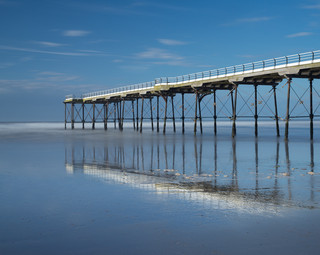 If you were told you couldn’t do anything photography or music related for a week, what would you end up doing (i.e. Do you have a hobby other than photography..)
If you were told you couldn’t do anything photography or music related for a week, what would you end up doing (i.e. Do you have a hobby other than photography..)
I'd probably just read and chill out given the chance as I'm always so busy! Like Dav & Tim I like designing websites and, like music, I think their must be a direct correlation between those two areas too, so I'd probably end up doing that.
What sorts of things do you think might challenge you in the future or do you have any photographs or styles that you want to investigate? Where do you see your photography going in terms of subject and style?
I like keeping images as simple and as balanced as possible and I try desperately hard to try to achieve this. Therefore I can see my images becoming even more simple in the future through developing my skills further as I enjoy those images most. My main objective though is to simply enjoy my photography and the journey and to let things develop naturally.
At some point in the future though I would like to explore fine art black and white, pinhole photography and even Infrared (I wish I'd kept hold of that D70 now)!
Who do you think we should feature as our next photographer?
Steve Gosling or Andy Latham for the reasons given above.
Many thanks Mark - you can see more of Mark's work at http://markbanksphotography.com/

